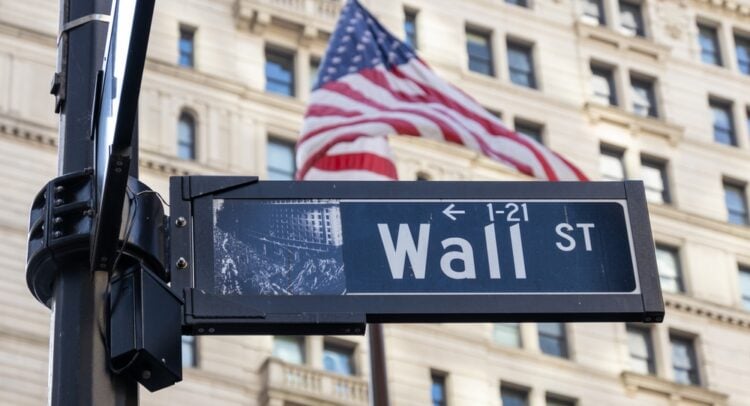Both the S&P 500 ETF (SPY) and the Nasdaq 100 ETF (QQQ) closed in negative territory on Thursday as the market’s largest companies continued to report earnings.
Elevate Your Investing Strategy:
- Take advantage of TipRanks Premium at 50% off! Unlock powerful investing tools, advanced data, and expert analyst insights to help you invest with confidence.
Tech stocks dragged down both indexes after Microsoft (MSFT), Meta Platforms (META), and Alphabet (GOOGL) reported combined spending of about $80 billion on AI infrastructure during the quarter. That’s raised concerns about whether such large capital expenditures will pay off.
META stock fell by 11% after the company raised its 2025 capex guidance to $70 billion from $66 billion. Microsoft said its 2026 capex would exceed its 2025 level, and Alphabet lifted its 2025 capex range to $91-$93 billion from $75-$85 billion. The sharp rise in spending and unclear payoff prospects have fueled worries about a renewed wave of tech exuberance.
The spending woes overshadowed a one-year trade truce reached between the U.S. and China following a meeting between President Trump and Chinese President Xi Jinping in South Korea. Under the agreement, the U.S. will cut its fentanyl tariff on China to 10% from 20%, reducing the overall tariff rate to 47% from 57%. In return, China agreed to boost U.S. soybean imports and lift restrictions on rare earth exports. Trump said he expects the deal to be renegotiated once it expires and confirmed plans to visit China in April 2026, with Xi set to make a U.S. visit “sometime after that.”
“I had a truly great meeting with President Xi of China,” Trump said in a Truth Social post. “There is enormous respect between our two Countries, and that will only be enhanced with what just took place.”
Furthermore, Trump ordered the Pentagon to resume nuclear weapons testing as a response to match developments by Russia and China, saying the U.S. must test “on an equal basis.” The order could break a voluntary nuclear testing moratorium in place since 1992, although the form and scope of the testing remain unclear.
Finally, the U.S. Senate approved a resolution blocking the national emergency measure that enabled Trump to impose sweeping global tariffs in a 51-47 vote with four Republicans joining Democrats. Despite the vote, the resolution is expected to be symbolic because the House of Representatives and the White House are unlikely to pass it. Earlier this week, the Senate approved similar resolutions to block Trump’s tariffs on Brazil and Canada, with a number of Republicans crossing party lines as well.
The S&P 500 (SPX) closed with a 0.99% loss, while the Nasdaq 100 (NDX) fell by 1.47%.
Stay ahead of macro events with our up-to-the-minute Economic Calendar — filter by impact, country, and more.
















